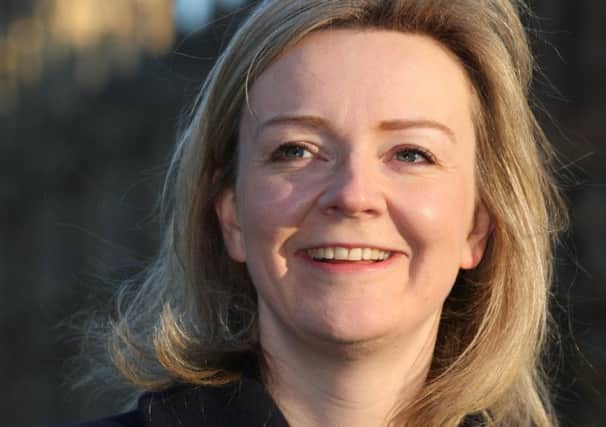The ‘ghost’ children at school 10 hours a day


Family life is increasingly under pressure, with some mothers and fathers forced to put work above their children, according to a new poll of school staff.
Those polled suggested that long hours in school or childcare are resulting in “ghost” children who do not talk to anyone, regularly fall asleep and are lagging behind their classmates.
Advertisement
Hide AdAdvertisement
Hide AdThe survey of around 1,300 school staff, conducted by the Association of Teachers and Lecturers (ATL), expressed concerns that childhood is being eroded by pressures on family life.
In total, more than half of those questioned said they believe children spend a lot less time with their families than they did 20 years ago, while 74 per cent think parents and children have less time together than they did five years ago and 57 per cent think they have less time together than just two years ago.
The vast majority, 94 per cent, thought the main reason for this is because of parents working, while 92 per cent blamed the use of technology. Others said a cut in family time was down to parents prioritising other activities, changes to parents’ work-life balance or changes to family dynamics, such as family breakdown.
One early years teacher who works in a North Yorkshire state school said: “Some children are placed in before and after-school care from 8am to 6pm.
Advertisement
Hide AdAdvertisement
Hide Ad“These children walk around like ghosts, do not talk to anyone, fall asleep frequently, do not progress as quickly as their peers. Their parents are also ‘too busy’ to support them in an adequate way at home.”
Steve Wood, a state secondary school teacher from Kirklees, said: “The pressures on family time have grown considerably and work-life balance for many parents is an increasingly difficult area - the necessity to stay in work means time spent with children isn’t always a priority.”
The findings come as ATL members prepare to debate a resolution on the issue at their annual conference in Manchester.
In a recent speech, education minister Elizabeth Truss said action has been taken to allow schools to cater to younger children and open for longer hours to give families more flexibility.
Advertisement
Hide AdAdvertisement
Hide AdMeanwhile, a report has warned that half of nurses are working through breaks or beyond their shift as the health service comes under “severe strain”. A survey of almost 3,000 nurses by Unison showed two-thirds believed they didn’t spend enough time with patients, which most said affected care.
Three out of five of those questioned felt staff numbers led to lower standards of care, while almost half said they were looking after eight or more patients.
The report, Running on Empty, said half of nurses were not confident about raising any concerns they had with their managers.
Gail Adams, Unison’s head of nursing, said: “One of the most damaging findings of this survey is how little has changed since last year. “